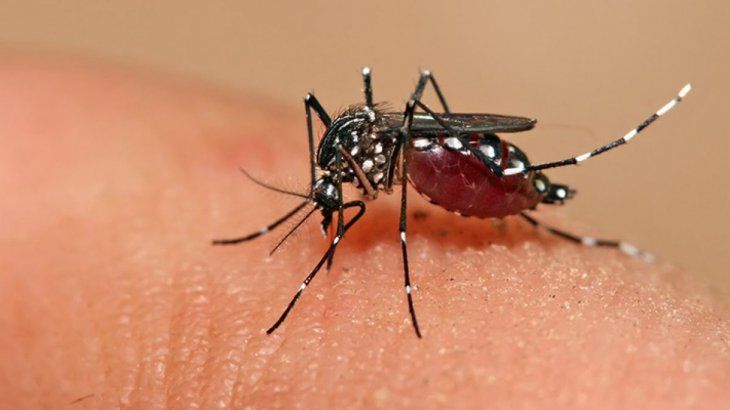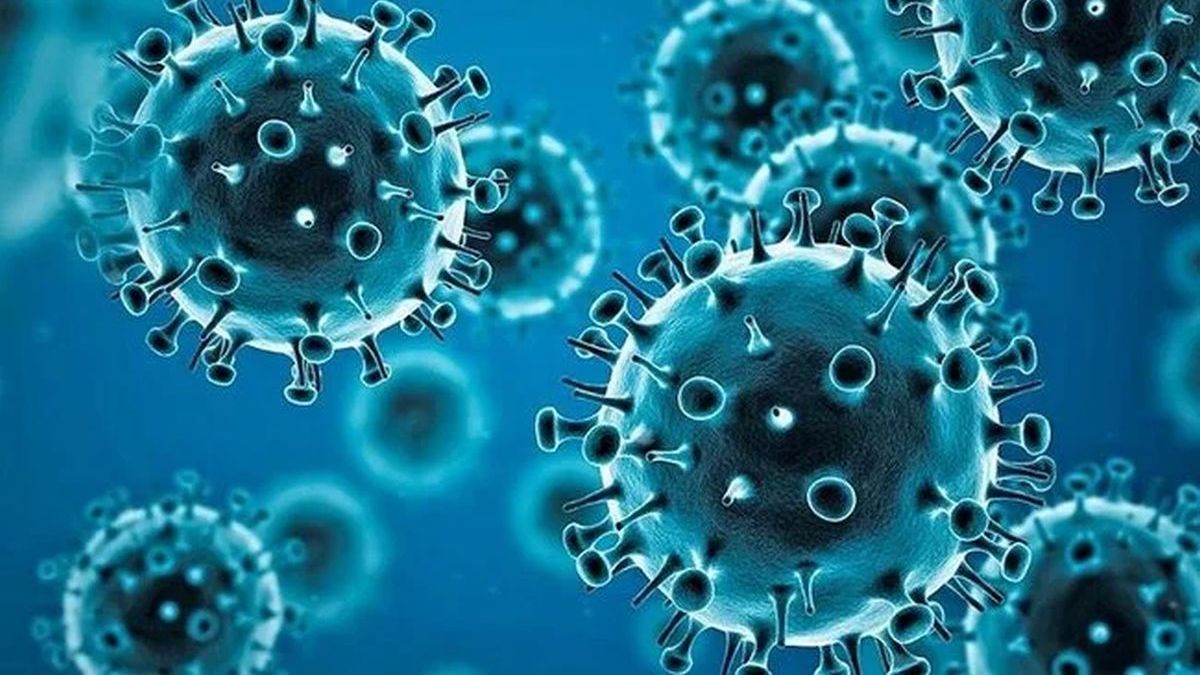According to the WHO, El Niño will increase the transmission of dengue and other arboviruses, such as chikungunya. The alarm is on for 2023 and 2024.
The World Health Organization (WHO) is preparing for a increased spread of viral diseases As the dengueZika and chikungunya related to the climate phenomenon of The boyThe agency’s director general, Tedros Adhanom Ghebreyesus, said Wednesday.
The content you want to access is exclusive to subscribers.
El Niño, a warming of water surface temperatures in the eastern and central Pacific Ocean, has officially returned after three years of La Niña weather pattern.


heat-wave-.jpg

Pixabay
It is likely that this year there will be extreme weather eventsfrom tropical cyclones that will swing towards the vulnerable islands of the Pacific to torrential rains in South America, passing through droughts in Australia and parts of Asia.
WHO warning
“WHO is preparing for the very high probability that 2023 and 2024 will be marked by the El Niño phenomenon, which could increase transmission of dengue and other arbovirusessuch as Zika and chikungunya,” Ghebreyesus said.
Dengue.jpg

The head of the WHO also warned that climate change is encouraging mosquito breeding and the incidence of dengue has already increased considerably in recent decades, especially in the Americas.
Health on alert
Peru declared the state of emergency in most regions this year and its Minister of Health, Rosa Gutiérrez, resigned last week due to the increase in dengue cases.
The disease is transmitted by the bite of the Aedes aegypti mosquito and its symptoms include fever, eye, headache, muscle and joint pain, nausea, vomiting and fatigue.
Source: Ambito




